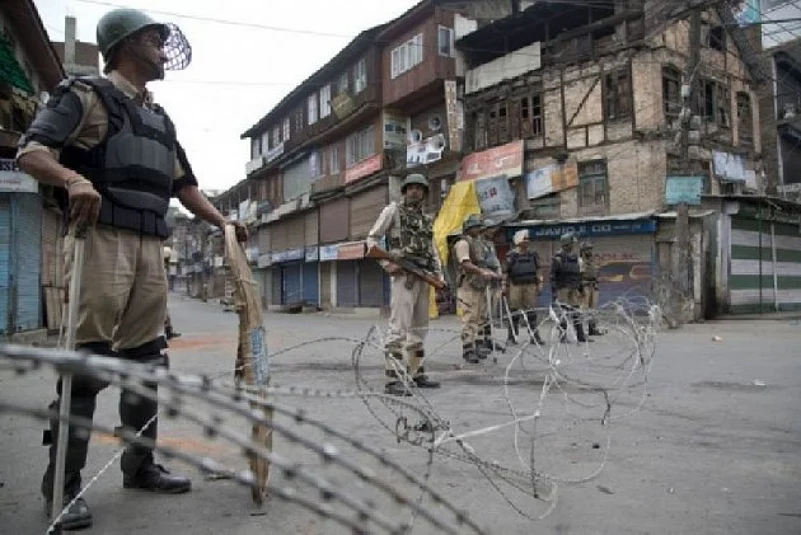A media advisory issued by the inspector-general of police, Kashmir, Vijay Kumar, asking mediapersons to stay away from encounter sites and law-and-order situations have caused anguish among the media fraternity in the Valley.
“Journalists cover encounters for facts, information (vital in a democracy). It is a call to duty,” tweeted senior journalist and editor of the Kashmir Times Anuradha Bhasin.
The IGP has issued directions to the police that media shouldn’t be allowed “to interfere in the professional and bonafide duty of police and security forces at encounter sites and during law- and-order situations.” The IGP has asked “media persons not to come closer to the encounter site and law-and-order situation and do not carry any live coverage of any encounter and law-and-order situation.”
“The freedom of speech and expression is subject to reasonable restrictions that should not violate other people’s right to life guaranteed under Article 21 or putting the national security in jeopardy,” Kumar has said.
“Do not interfere in the professional and bonafide duty of police and security forces at the encounter site. No operational content should be carried which is likely to incite violence or contains anything against maintenance of law and order or which promotes anti-national sentiment,” the IGP said.
Different journalist bodies have sharply reacted to the IGP’s directive saying it is coercing journalists into not reporting facts on the ground.
“It also seems to be a part of the string of measures taken by the authorities to suppress freedom of the press in the region. Summoning journalists to police stations, filing FIRs and seeking informal explanations for their work has intensified in the past two years,” a joint statement issued by various journalist bodies said.
The statement issued by the Journalist Federation of Kashmir (JFK), Kashmir Editors Guild (KEG), Kashmir Working Journalists Association (KWJA), Kashmir Press Photographers Association (KPPA), Kashmir News Television Journalist Association (KNTJA), Kashmir Video Journalists Association (KVJA), Kashmir Press Club (KPC), Kashmir Journalists Association (KJA), Anjuman Urdu Sahafat, Kashmir Union of Working Journalists (KUWJ), Jammu and Kashmir Press Association (JKPA) and JK Editors Forum (JKEF) said, “If this is a part of the official policy of police then it appears to be a tactic to coerce journalists into not reporting facts on the ground.”
“Journalists in Kashmir have worked under tremendous pressure for the past several decades and despite facing threats to life, liberty and property, they upheld the principles of journalism and reporting,” the statement added.
“The media in Kashmir is aware of the journalistic guidelines and ethics or situations like encounters, law-and-order situations and has always upheld these principles. Covering and reporting law-and-order situations in the region is one of the basic requirements for most news organizations and hence an essential part of the professional role of media professionals. Barring them from covering such events would mean stopping them from delivering their professional duties,” the statement reads.
“Press freedom is the cornerstone of democracy and any attack on it undermines the democratic setup of which media is the fourth pillar. Any such attack on press freedom and journalism is highly distressful,” it added.
















